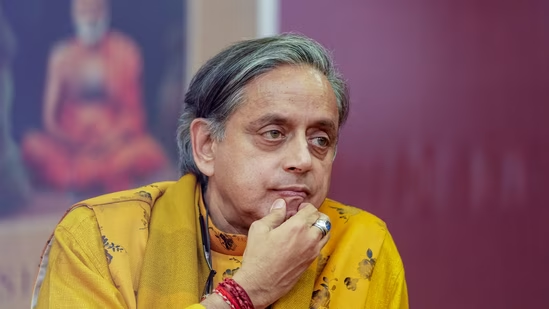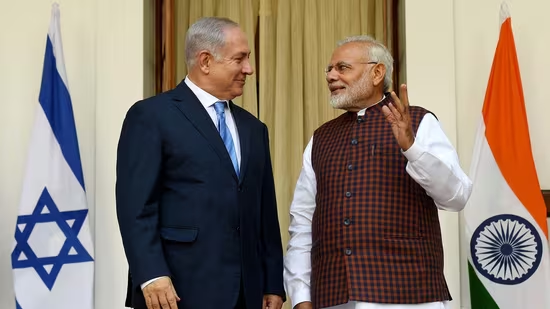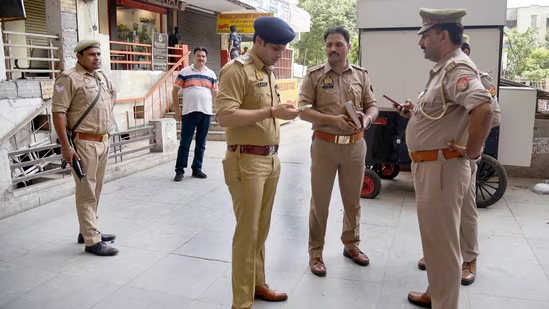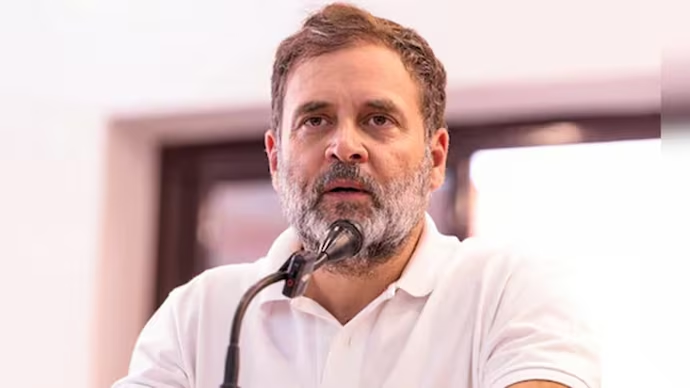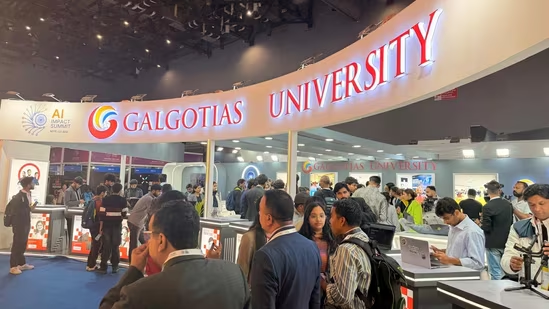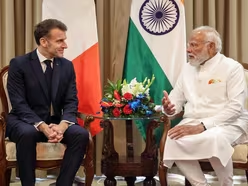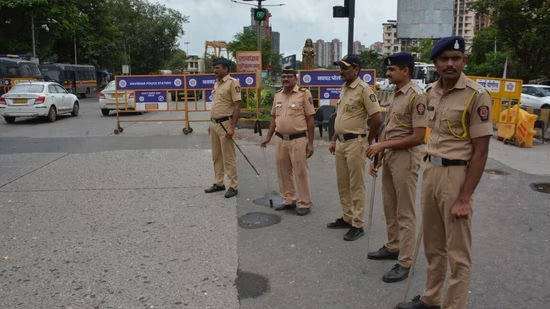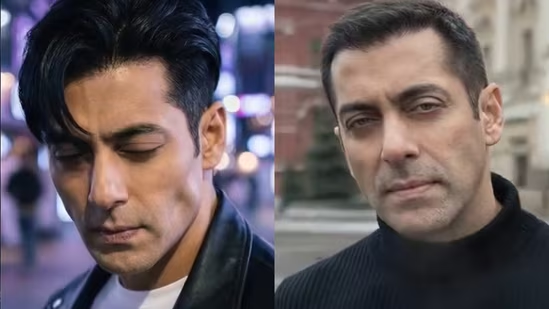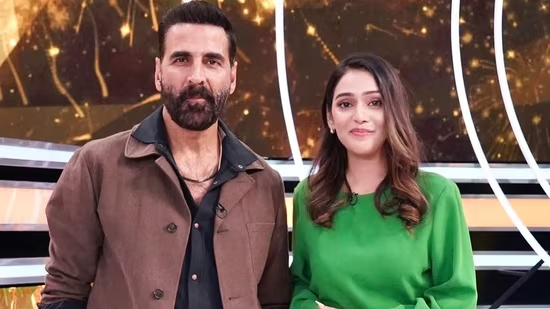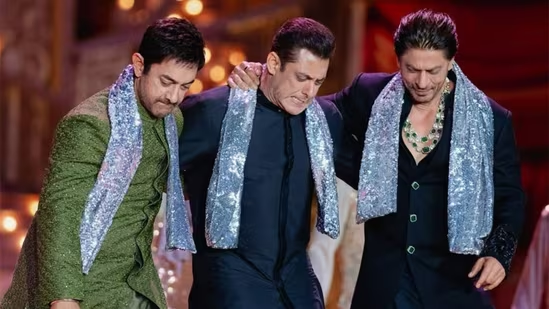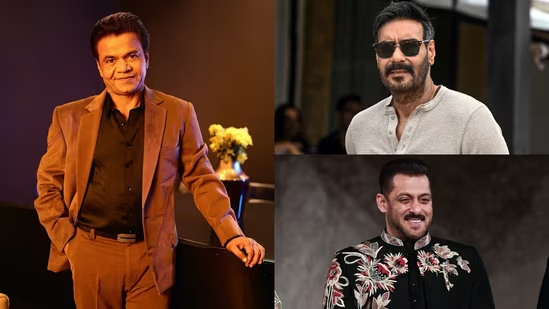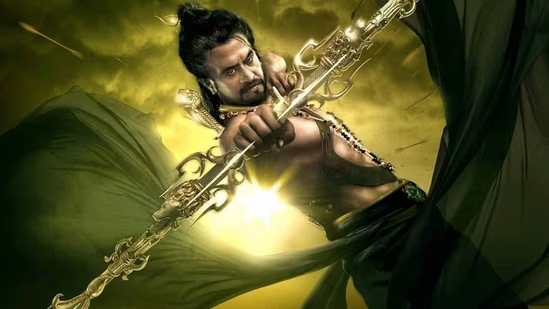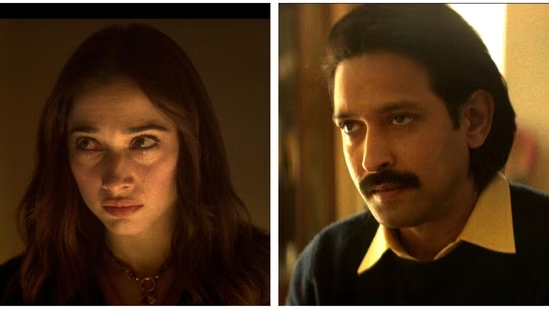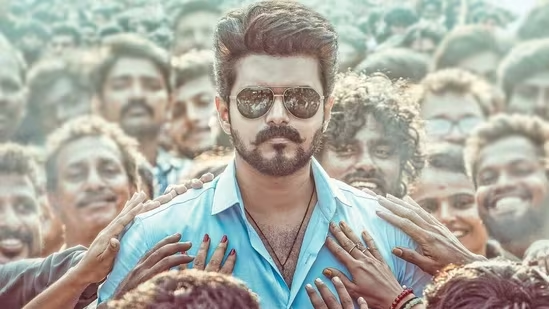Donald Trump Move to End Birthright Citizenship: Starting his second term with a flurry of executive orders, US President Donald Trump has sought to revoke birthright citizenship – automatic citizenship of children born in the US to non-citizen parents.
Among the first few ‘Presidential Actions’ listed by the White House on its website, the order titled ‘Protecting the Meaning and Value of American Citizenship’ specifies that those who were born in the US “but not subject to the jurisdiction thereof” are excluded from birthright citizenship.
The Indian-American community, which is one of the fastest-growing immigrant populations in the US, will be profoundly impacted by this change as and when it comes through.
If such a change is to occur, it will potentially impact children born in the US to H-1B visa holders, Green Card holders (lawful permanent residents), temporary visa holders such as those on student or visitor visas, and undocumented immigrants. Such a move will discourage many Indian professionals, students, and families from seeking opportunities in the US, opting for countries like Canada or Australia instead.
According to official statistics of the US Census Bureau, Indian Americans number over 5.4 million as of 2024, comprising 1.47 per cent of the US population. Of these, around two-thirds are first-generation immigrants, while the rest are US-born citizens, data show.
Under birthright citizenship, anyone born on American soil is automatically granted US citizenship, regardless of the citizenship or immigration status of the parents. This provision was enacted in 1868 and was designed to extend citizenship to all persons born in the US. The new order would deny US citizenship, including passports, to those children born in the US starting 30 days from now, if at least one parent isn’t an American citizen.
If there is a change in policy in line with Trump’s order, children born to Indian nationals who are on temporary work visas (like the H-1B visa) or waiting for the Green Card would no longer automatically acquire US citizenship. This will impact hundreds of thousands of children born to Indian immigrants in the US each year, and put families in jeopardy, say immigration experts based in India.
According to the White House statement, among the categories of individuals “born in the US and not subject to the jurisdiction thereof”, include: (1) when that person’s mother was unlawfully present in the US and the father was not a US citizen or lawful permanent resident at the time of said person’s birth, or (2) when that person’s mother’s presence in the US at the time of said person’s birth was lawful but temporary (such as, but not limited to, visiting the US under the auspices of the Visa Waiver Program or visiting on a student, work, or tourist visa) and the father was not a US citizen or lawful permanent resident at the time of said person’s birth.
Varun Singh, Managing Director of New Delhi-based immigration and citizenship firm, XIPHIAS Immigration, said the move would disproportionately affect the Indian community.
“Indians constitute one of the largest groups of H-1B visa holders, and many live in the US with families, often waiting years for the Green Card due to backlogs. If birthright citizenship is revoked, their US-born children could potentially lose their automatic citizenship, creating uncertainty about their future in the country,” he said.
Such a move would discourage many Indian professionals, students and families from seeking opportunities in the US, opting for more immigration-friendly countries like Canada or Australia instead. It could also affect the US economy, as the Indian community significantly contributes to the tech industry, healthcare and education, he said.
US-born children could no longer petition to bring their parents to the US after turning 21 if they do not get birthright citizenship. The policy will also curb “birth tourism” from countries like India and Mexico, a practice of women travelling to the US specifically to give birth, so their children can claim citizenship.
Children born to Indian students on non-immigrant visas would face challenges in securing US citizenship, at a time when Indian students make up one of the largest groups of international students in the US.
While Trump has signed the executive order, it will face legal hurdles. Immigrant rights advocates in several US states are expected to file legal challenges to the decree. They contend that birthright citizenship arises from the Constitution’s 14th Amendment, which was ratified in 1868.
While an executive order will face immediate legal challenges and is likely to be struck down by the courts, altering provisions of the Constitution requires a constitutional amendment and the process is lengthy, challenging and difficult.
Meanwhile, the heads of all executive departments and agencies have been asked to issue public guidance within 30 days of the date of the order regarding implementation. “The privilege of United States citizenship is a priceless and profound gift,” says the first sentence of the order on the White House website, setting the tone for the order.
Who will this affect?
If such a change is to occur, it will potentially impact children born in the US to H-1B visa holders, Green Card holders (lawful permanent residents), temporary visa holders such as those on student or visitor visas, and undocumented immigrants. Such a move will discourage many Indian professionals, students, and families from seeking opportunities in the US, opting for countries like Canada or Australia instead.
Trump has argued that nationals of countries with high levels of immigration to the US have exploited this system. He has categorically said that he wants to end birthright citizenship because it is “ridiculous”.
Historically, the US Supreme Court has upheld birthright citizenship, including in the landmark case United States v. Wong Kim Ark (1898), where the Court ruled that a child born in the US to non-citizen parents was still a US citizen. Immediately after Trump signed the order, immigrants’ rights advocates sued his administration. The lawsuit charges them with flouting the Constitution’s dictates, Congressional intent, and long standing Supreme Court precedent.







